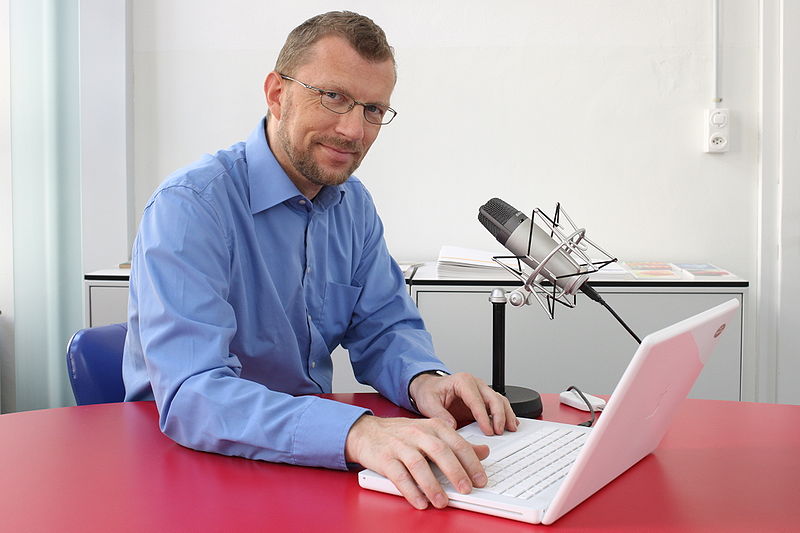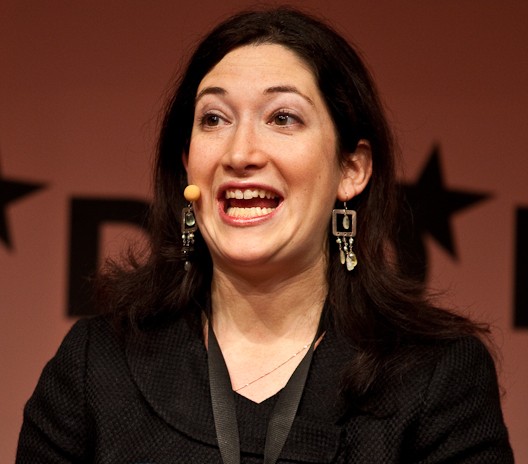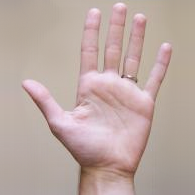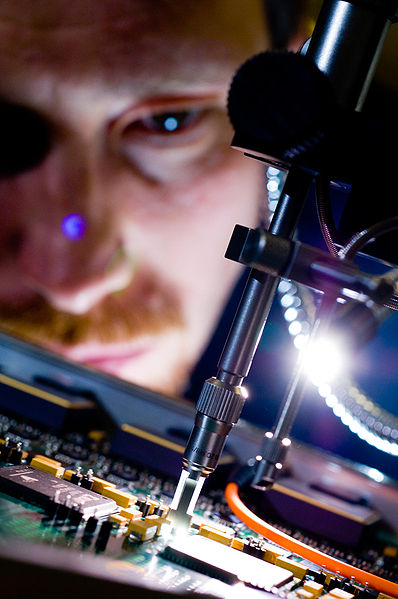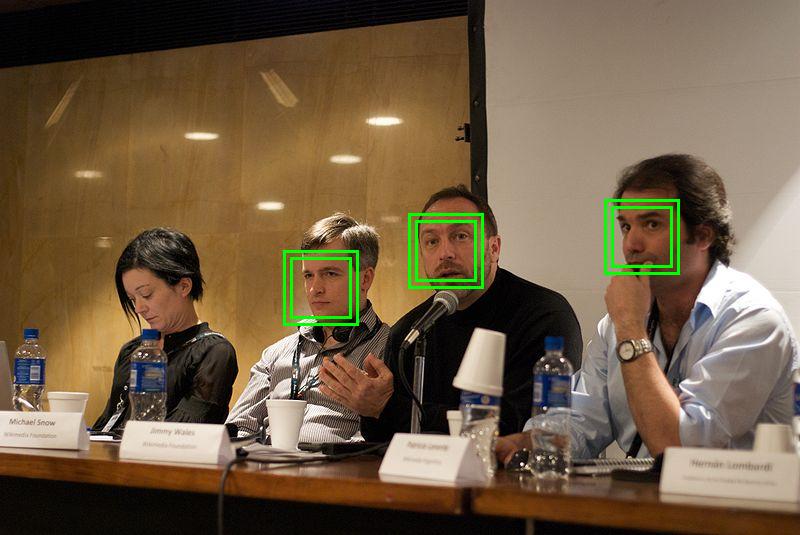Technology & Innovation
All Stories
Using publicly accessible databases, researchers have developed a method to predict how existing drugs might be repurposed to treat seemingly unrelated diseases.
Harvard Law School professor and former Obama administration official, Elizabeth Warren may campaign to become a U.S. Senator, challenging the incumbent Republican Scott Brown.
When longtime Silicon Valley executive Dan Rosensweig stepped down as C.E.O. of Guitar Hero, be began pioneering tomorrow’s digital university by creating online education networks.
Former Apple evangelist Guy Kawasaki says swearing in the business setting is alright “once or twice a year.” But don’t do it more often than that, because “pain in the asses do not advance.”
A new microchip made by researchers at I.B.M. is a landmark. Unlike an ordinary chip, it mimics the functioning of a biological brain, which could open new possibilities in computation.
Social media ‘flash mobs’ are becoming integral to the organization of protests. San Francisco officials shut down cellphone service to thwart a protest Thursday. What will happen today?
By targeting individuals rather than the abstraction known as the consumer market, the Internet has revolutionized commerce and advertising—but what about journalism?
The global economy is heading into ‘a new danger zone’ that will require strong policy action to restore confidence says Robert Zoellick, the president of the World Bank.
In a multinational race to seize the potential riches of the formerly icebound Arctic being laid bare by global warming, Russia is soon expected to claim about 380,000 square miles.
With all of modern computing’s storage capacity, we are forgetting how to remember. We instead remember how to access information but is something uniquely human being lost?
This article was written by Peter Navarro and Greg Autry, authors of Death by China: Confronting the Dragon — A Global Call to Action It appears that our heroes in […]
So you think you are a natural-born entrepreneur with strong vision and ability to inspirationally lead others, but there are seven essential skills you must yet cultivate.
Far from being a ponzi scheme, China is the real thing, says financier Steven Rattner. In fact, if he were starting his career today, Rattner says he would seek his […]
Forbes writer Neal Rodriguez lists and debunks the ten social media myths most commonly held by businesses. In a world changing ever faster, these are the most recent myths.
Was Intel co-founder Gordon Moore wrong when he predicted that the number of transistors on a microchip, an thus technological progress, would double every two years?
“You should watch very carefully for the possibilities of social unrest in this country unless Washington wakes up,” says legendary entrepreneur Asher Edelman.
Emerging Media Strategist Zeny Huang sets out why marketers are right to be excited and why Google+ brand pages will provide a better branded experience than Facebook.
London police believe that BlackBerry’s popular, encrypted and free Messenger service was a key tool used to fan the recent Tottenham riots and looting. Unlike Tweets, most of these messages are untraceable.
Your success in life depends on your ability to manage and cultivate a complex network of relationships that is the twenty-first century workplace.
After five years of reporting across the African continent, journalist Scott Baldauf signs off by dispelling some of the dangerous myths he says are perpetuated by the Western press.
The private credit agency Standard & Poor’s has downgraded America’s credit rating despite a $2 trillion calculating error. Why do these unelected bodies have the power to move mountains?
Recent research shows that when people experience heightened physical and emotional states, they are more likely to share information over the Internet. Sometimes too much.
Randi Zuckerberg, director of marketing at Facebook and sister of C.E.O. and co-founder Mark Zuckerberg, is leaving the company after six years to start a social media consulting firm.
Theories of globalization that herald a brave new world fail to account for our human nature which is opposed to long-distance interactions for reasons of geography and culture.
Information technology consultant Scott Bils says cloud computing and the ubiquity of mobile devices are reorienting the role of workplace technology officers toward business.
The rollout of technology allowing cell phones to be used as credit cards has been so slow that a superior technology is catching up. Biometrics promises a truly wallet-free future.
The Indian government promised the world a $35 laptop a year ago. In a few weeks it will deliver, said Kapil Sibal, minister for human resource development.
Many expensive “ethics interventions” are doomed to failure because they are predicated on the faulty assumption that individuals always recognize an ethical dilemma when it is presented to them.
Researchers fear that computer acceleration is about to meet its limits. Constantly increasing the number of transistors on chips could require too much power to run economically.
A recent study finds that the technology can help researchers locate people’s social security numbers, just from the information on their Facebook profiles and their photo.






